Eleanor Williams: The lasting impact of fake rape claims
- Published
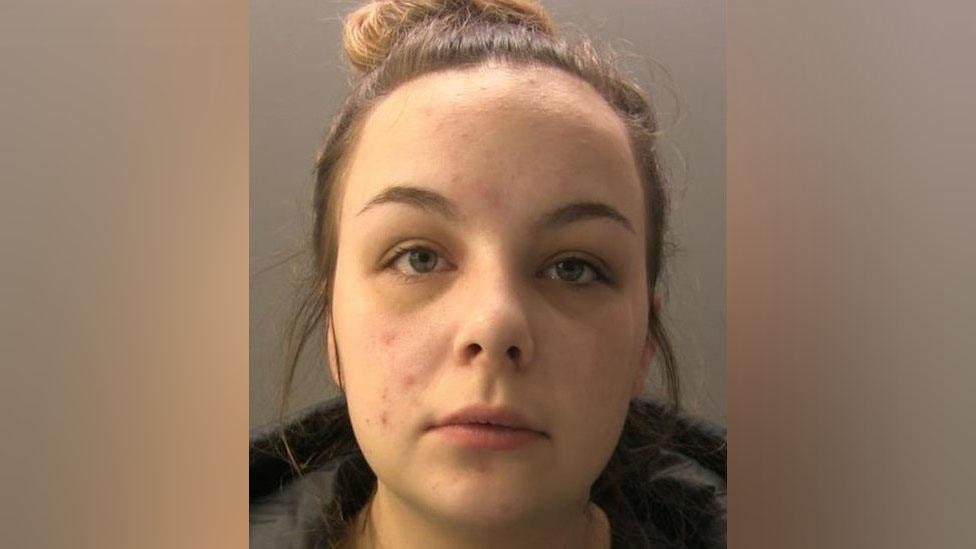
Eleanor Williams was jailed for eight-and-a-half years on Tuesday for perverting the course of justice
When Eleanor Williams' Facebook post claiming she was the victim of an Asian rape gang went viral in 2020, it sparked a bitter backlash against Asian-owned businesses in her home town of Barrow, Cumbria.
After she was jailed for perverting the course of justice, some of those affected have spoken to the BBC about the lasting impact of her lies. Their names have been changed because they're still concerned for their safety.
Sajid has lived for most of his life in Barrow and as a schoolboy 30 years ago had got used to being the only non-white face in his class.
The town still has a very small Asian population - just 1.4% of the borough's total - but Sajid is part of an even smaller section of Barrow's Asian community - those who run Indian restaurants.
The small, shipbuilding town on the southern tip of Cumbria is home to fewer than 10 of them.
Over the years, Sajid's restaurant had become successful and well established amongst Barrow's population, which is 97% white.
But in May 2020 things took a dark and menacing twist.
One night Sajid got a call from a friend telling him to look at Facebook. There he saw Eleanor Williams' post, which was eventually shared more than 100,000 times.
In it she claimed to have been taken to an address in Barrow and raped by numerous Asian men. Included were graphic images of injuries to her face and body she claimed the gang had inflicted on her - in fact, she had done them to herself.
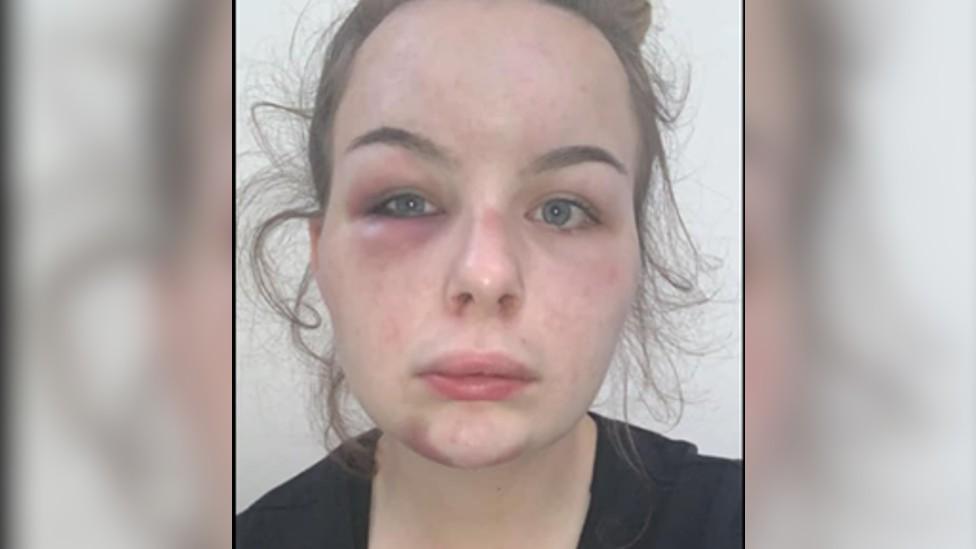
Williams posted images of injuries she had inflicted on herself on Facebook
Shortly after Sajid began getting phone calls. Many of them were silent, some were entirely sinister.
"Some of the threats were so severe, saying 'We're gonna kill you', I had to contact the police," he told the BBC.
Initially, Sajid could not understand why the anger and suspicion was being directed at him and his fellow restaurant owners, but then another friend directed him to Snapchat.
On the messaging app, a post was circulating which named Indian restaurants in Barrow - it seemed to accuse all of them of being involved in the rape and abuse of Williams.
"I had calls saying that they were going to rape my wife in front my children, then kill me, and kill my kids," he said, adding: "I got quite a few calls, saying that we're going to shoot everyone within the shop.
"Some of the stuff that was coming out was just horrible. And a lot of racist remarks as well."
The windows of his business were smashed three times, people spat at his shop and regularly shouted abuse at the staff or at Sajid in the street.
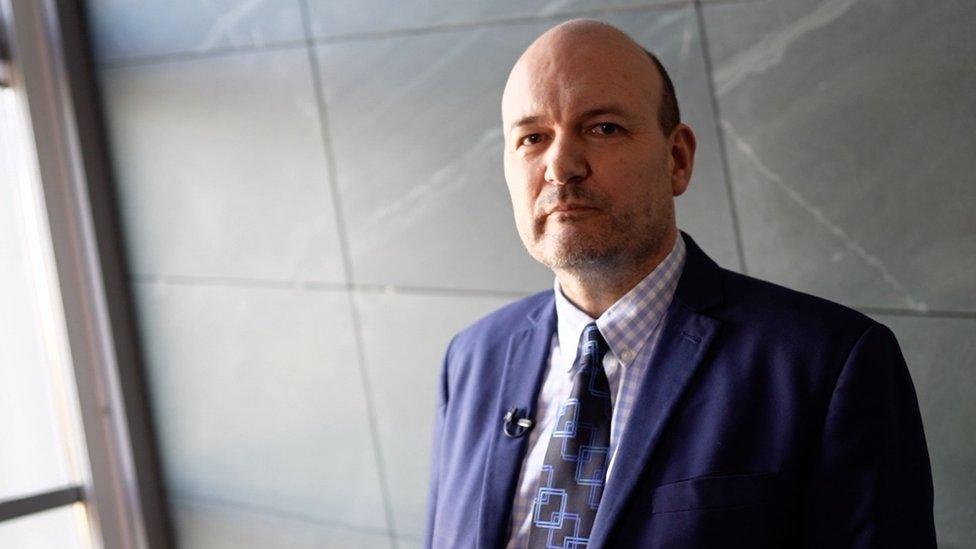
Doug Marshall was "shocked and dismayed by the level of racism" in the aftermath of Williams' lies
Cumbria Police said they had to deal with more than 150 extra crimes in the aftermath of Williams' Facebook post - 83 of which were classed as hate crimes.
Doug Marshall, the senior investigating officer on the case, describes the fallout from the Facebook post as "a disgusting state of affairs".
He said: "People were getting accused who had nothing to do with the case whatsoever.
"I was shocked and dismayed by the level of racism, and that people seemed to think they knew more about the case than the investigators and the police."
The anger in Barrow felt more concentrated to those it was focused on because of how small and close-knit the shipbuilding town is.
Barrow's MP Simon Fell describes the town as "isolated" and, as a consequence, "it's a really strong and tight-knit community".
He said: "So when the story like this breaks, everybody's not just got an opinion on it. Everybody knows someone involved in it.
"It was like a bomb dropping. It really upset people."
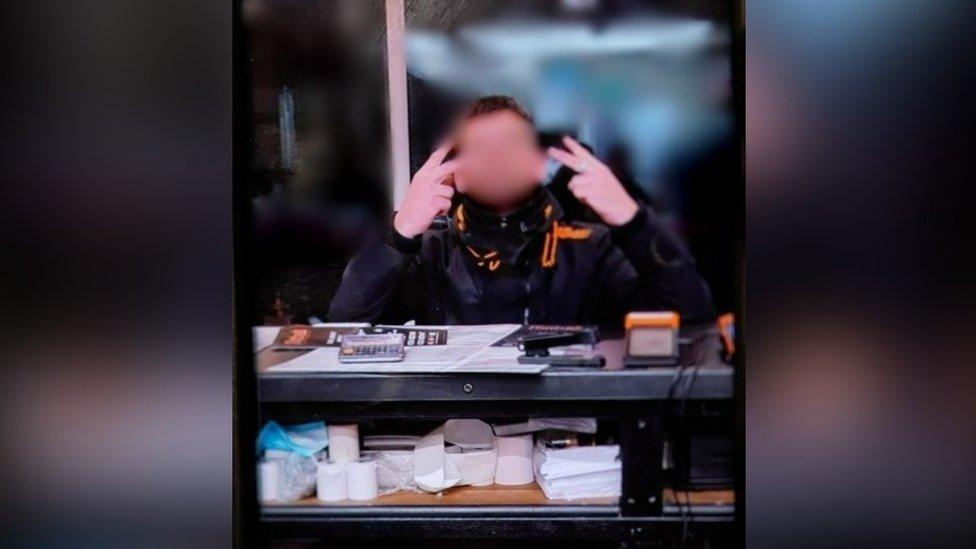
During the summer of 2020 people frequently walked into Barrow's takeaways to abuse staff
Supt Matt Pearman, responsible for day-to-day policing in Barrow, submitted a statement to Preston Crown Court ahead of Williams' sentencing in which he said the town had "never seen such public displays of mass anger in over 30 years" - tracing all the way back to the Vickers shipyard strike of 1988 which saw clashes at picket lines.
Those levying the threats and abuse may have been a minority of Barrow's population, but to Sajid it seemed like the town had turned against him.
After the Facebook post went viral Sajid's trade dropped by 95% "overnight".
It was a similar story a few streets away at Adil's restaurant.
He calculated his business dropped by 75% off the back of William's viral post.
He had his windows smashed too after one of a handful of local protests held in the misguided cause of "Justice for Ellie Williams".
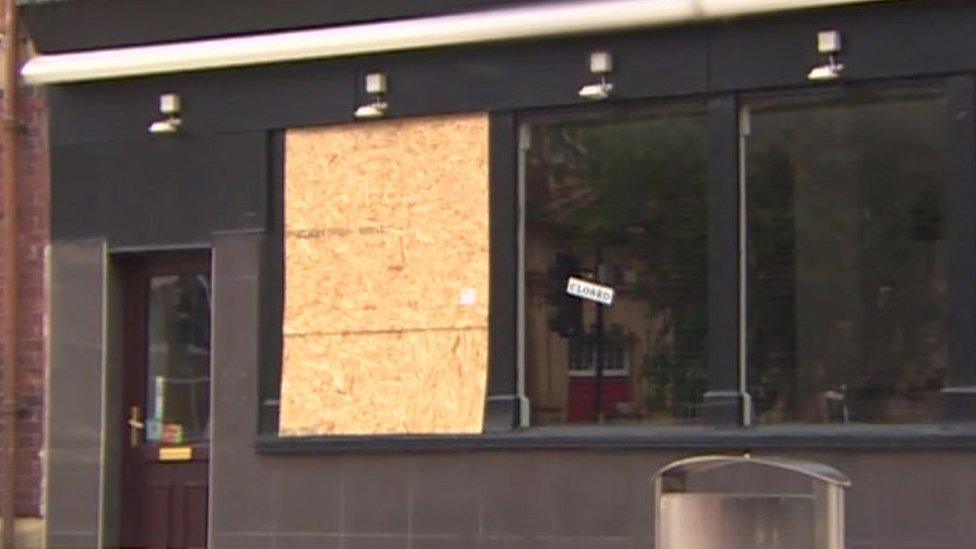
Indian restaurants were vandalised over several months in a wave of unwarranted reprisals
Adil estimated his losses totalled about £30,000. He had to take out a loan and borrow money from family and friends just to survive.
Even the customers who still chose to eat in his restaurant harboured suspicions.
When restaurants were eventually permitted to reopen after lockdown people would ring and ask if it was safe to bring their children, telling him: "We've seen you're involved with the Ellie Williams case."
He overheard diners discussing among themselves whether they thought he had been involved "but they didn't ask me", Adil said.
Adil also noticed something less tangible but maybe more profound, "People looked at me in the face differently".
He reckoned his business has now recovered to about 80% of where it was before Williams went public with her lies about grooming gangs.
"Barrow now is good," he said, adding: "Nice and quiet."
Reflecting on the past three years, Sajid said there had always been "an element of racism" in his town, but in the summer of 2020 it was "the racists that were shouting the loudest and causing most upset".
He said: "The good part of the community were scared to raise their voice, afraid of the backlash they may receive.
"The bad side of the community had taken over the town.
"We were tried and found guilty by social media. We were branded guilty before any real evidence had come out."

The Big Cases: The Lie That Destroyed A Town will be available on BBC iPlayer from Wednesday


Follow BBC North East & Cumbria on Twitter, external, Facebook, external and Instagram, external. Send your story ideas to northeastandcumbria@bbc.co.uk, external.
Related topics
- Published14 March 2023
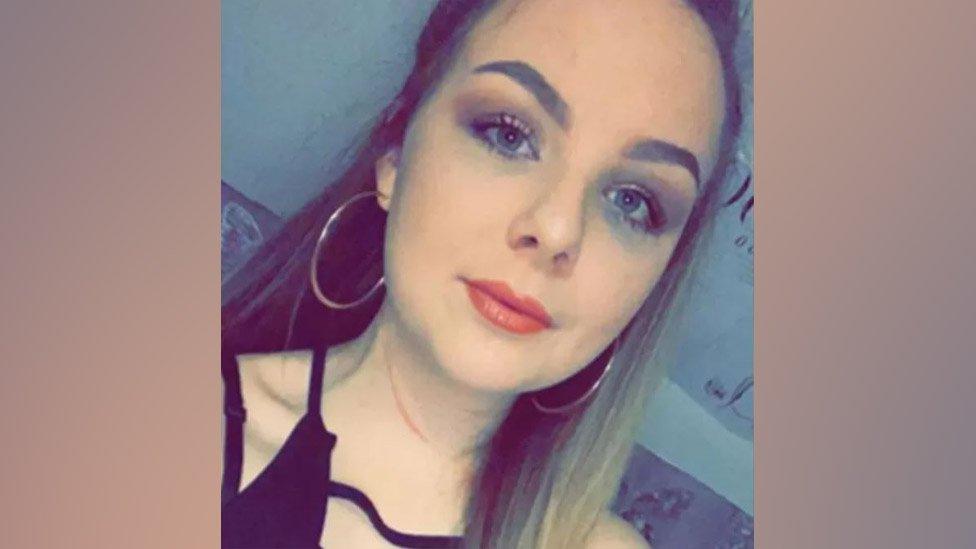
- Published13 March 2023
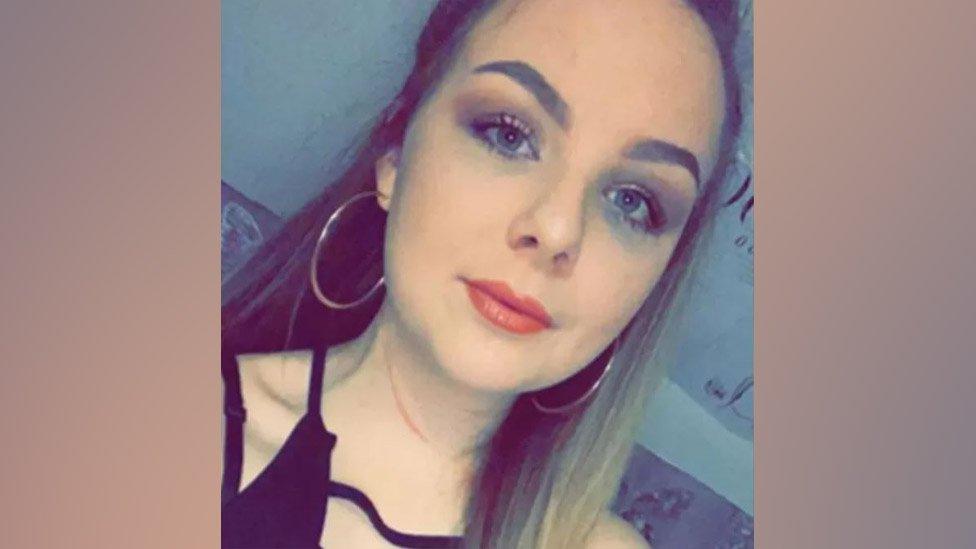
- Published28 February 2023

- Published3 January 2023
